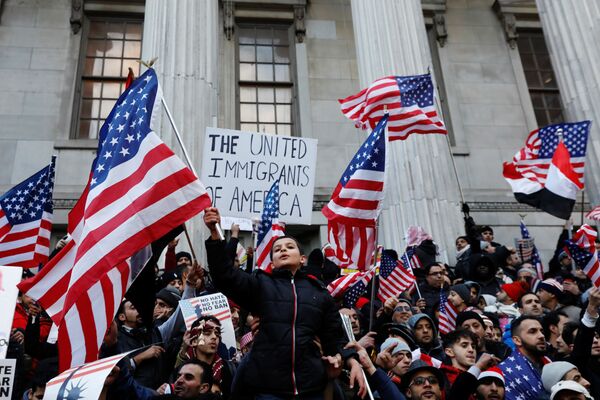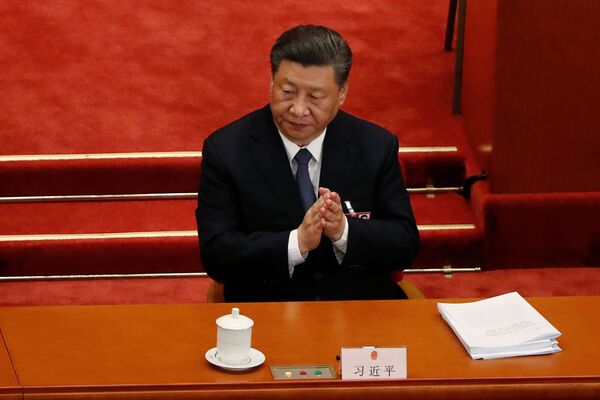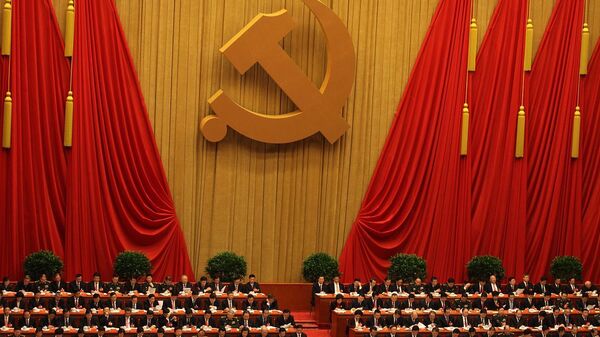The Trump administration is considering its strongest restrictions yet on travel to the United States by Chinese citizens, a move that is very likely to trigger retaliation from Beijing amid deteriorating relations, The New York Times reports.
Officials with knowledge of the proposal, which has yet to be finalised and get President Trump’s approval, told the newspaper that the travel ban could apply to members of the Chinese Communist Party (CCP) and their families.
The proposed presidential order may also empower the US government to revoke the visas of CCP members and their families who are already in the United States, which means they would be expelled.
It could also ban entry to the United States of members of China’s armed forces (People’s Liberation Army) and executives at state-owned businesses.
According to the report, the legal reasoning for the proposed ban is a provision in the 1952 Immigration and Nationality Act that authorises the US president to ban groups of immigrants who are considered “detrimental to the interests of the United States”.

Trump cited the same statue in a series of proclamations that limited travel to the US by nationals of North Korea, Venezuela, Iran, and ten other Muslim-majority countries in certain cases.
The NYT notes that there are practical issues if it comes to implementing restrictions on the CCP, which had almost 92 million members last year. This means that the ban could technically apply to as many as 270 million people, according to government estimates.
Meanwhile, the number of Chinese travellers visiting the US is hovering around 3 million every year, so the government might struggle to determine their party status to prevent their entry.
Officials at government agencies are said to be discussing softer language for the order, which could target only the 25 members of the Politburo and their families. The body oversees the CCP and includes the country’s most influential officials like President Xi Jinping and Prime Minister Li Keqiang.

Relations between the United States and China have deteriorated dramatically under President Trump, with the two superpowers clashing on almost every issue, from technology to trade to arms control.
The Trump administration has placed several travel restrictions on China over the past year. The latest round of sanctions came on Wednesday, when Secretary of State Mike Pompeo announced a ban on some employees of Chinese tech companies, including Huawei, which “provide material support to regimes engaging in human rights violations and abuses globally”, without elaborating on which and how many people would be affected.
Last month, the State Department also imposed a travel ban on CCP officials accused of “undermining” Hong Kong’s autonomy, in addition to last year’s ban on politicians who allegedly violated human rights in Xinjiang.
In May, American officials limited visas for Chinese journalists working in the US to 90 days and suspended the entry of some Chinese students and researchers over suspicions of intellectual property theft.
On 31 January, the day after the WHO declared the COVID-19 outbreak a public health emergency, the US government temporarily suspended travel for all aliens who were physically present in mainland China within the 14 days before trying to enter the country.


